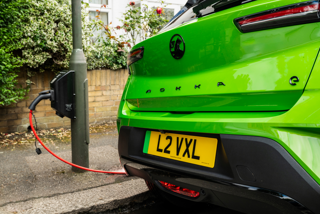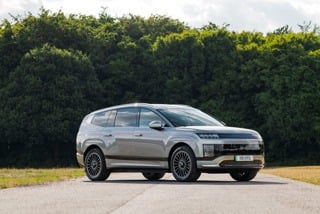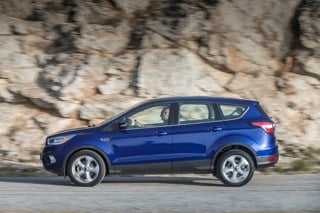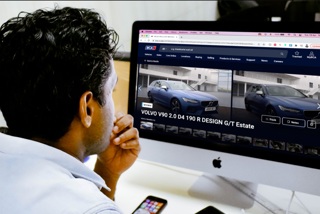Auto Trader has said that the findings of its latest Market Report are “good news for dealers” as 81% of car owners expressed a desire to own a car throughout the course of their lifetime.
A large proportion of the 5,500 respondents to the online listings specialist’s research appeared disinterested in making the move towards car-sharing and autonomous cars, instead expressing a desire to own a car and an enjoyment of driving themselves.
Auto Trader operations director, Nathan Coe, said: “The market is clearly set for significant change over the coming years, however the findings present a positive outlook for UK dealers; even in a world of fully-autonomous vehicles, consumers still see car ownership as central to their future driving.”
Auto Trader found that over 85% of full UK license holders own at least one car and 81% of all car owners today are committed to owning cars throughout their lifetime.
And while 73% of owners agree that independence is their biggest motivation for car ownership, a third (33%) also say it’s all about their ‘enjoyment of driving’ – and some motorists feel their cherished relationship with the car is threatened by a driverless future.
Auto Trader found that 45% of motorists claim no interest in fully-autonomous cars say they enjoy driving too much to find the prospect of a driverless car appealing, with 49% of the same group claiming they know too little about the technology to even gauge their level of interest.
Only 21% of all motorists claim to know what a fully-autonomous vehicle is, and awareness levels drop significantly with older motorists – with 81% of over 55s admitting they aren’t clear on what the term means.
But it’s not just awareness that seems to be stunting interest levels with today’s motorists. 44% of 17-44 year olds predict that fully-autonomous cars will not be available in their lifetime, highlighting a large proportion of motorists who share a lack of confidence in the technology, as well as the UK’s ability to deliver it any time soon.
The speculated timeline for fully-autonomous vehicles is at odds with this consumer sentiment, with some sources claiming fully-autonomous cars will be on UK roads as early as 2030.
Coe said: “Today’s successful dealers are those that embrace change, and whilst the car buying process and the cars consumers buy will undoubtedly evolve, the fundamentals will remain true.
"Understanding the customer and placing their needs at the heart of your business will always be essential.
“As it is today, car buyers will look for dealers that are open and offer full transparency across their digital and physical forecourts.
“Well-presented and clear imagery that reflects the true condition of a car, pricing that is in line with the live retail market and reviews that offer genuine insight are all key to building all-important trust.
“However, with increasing choice and complexity, these factors are likely to move beyond being just a competitive advantage, but a fundamental part of automotive retailing."
Highlighting a shift in car buyer desirability for alternative fuel types, Auto Trader saw a 58% rise in searches for electric vehicles in 2016 on its marketplace, with hybrid vehicle advert views also growing by 52%.
In contrast, searches for diesel vehicles fell by 14% last year, chiming with the 6.8% decline reported in diesel car sales for December 2016 on the same month in 2015.
As consumer interest in autonomous vehicles was evenly split, the Report also looks at which brands or tech companies currently developing autonomous vehicles were the most desirable for the 51% consumers that did show an interest.
Out of the 15 brands that have publically shared intentions to develop fully-autonomous vehicles, Ford was ranked as the most appealing by today’s motorists, with 83% of those that voted for the American manufacturer on the back of ‘positive past experiences’.
Audi finished second with consistently high scores across all factors except perceived affordability, whilst new car maker Tesla and Mercedes-Benz finished joint third, with motorists highlighting Tesla’s technology expertise (92%) and Mercedes-Benz voters identifying their ‘trust in the brand’ as the decisive factor (89%).
Google was the highest ranking tech company finishing ninth out of the 15 brands, and despite remaining largely secretive about its car making plans, Apple finished above car manufacturers Volvo and Hyundai, with motorists positively speculating about the perceived technology in an Apple car (97%).



















Login to comment
Comments
No comments have been made yet.